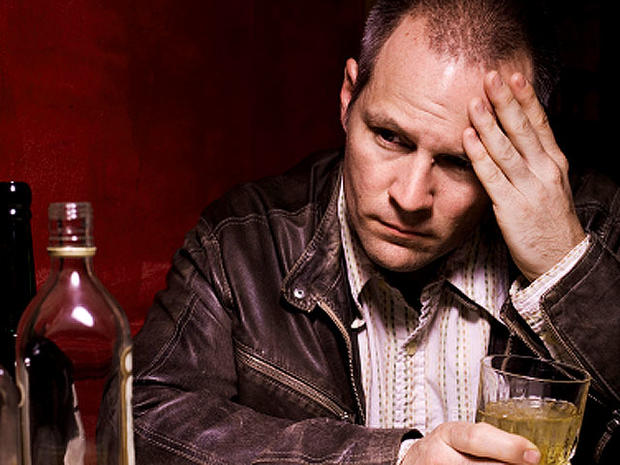Do gastric bypass patients trade blubber for booze?
(CBS) People who undergo gastric bypass may eat less after surgery, but new research suggests they compensate by consuming more of something else.
Booze - and lots of it.
Gastric bypass patients are more likely to become alcoholics after surgery - and twice as likely to enter an alcohol treatment program - compared with people who undergo other weight-loss surgeries like gastric banding, according to findings presented at a recent medical conference in Chicago.
Researchers at the Karolinska Institute in Sweden monitored more than 12,000 patients who underwent gastric bypass over a 25-year period, and compared them to 123,000 people from the general population. In addition to having a tendency to kick back a few too many, the gastric bypass patients were more likely to be seriously depressed, to attempt suicide, and to be abusing substances other than alcohol.
With such dicey findings, would it be best to bypass bypass surgery - and find another way to lose excess weight?
Not necessarily. Dr. Magdalena Plecka Ostlund, professor of molecular medicine and
surgery at the institute, said in a written statement that it was important to balance the risk of bypass surgery with the many health benefits of significant weight loss, including a reduced risk for diabetes and heart disease. But, she added, "Caregivers should be aware of the greater potential for alcohol
abuse after surgery so treatment can be sought if problems arise."
Gastric bypass surgery is the most frequently performed of the weight-loss surgeries known collectively as bariatric surgery. By making the stomach smaller, the procedure allows food to bypass part of the small intestine to reduce calorie intake and increase feelings of satiety.
The Mayo Clinic offers more on gastric bypass surgery.